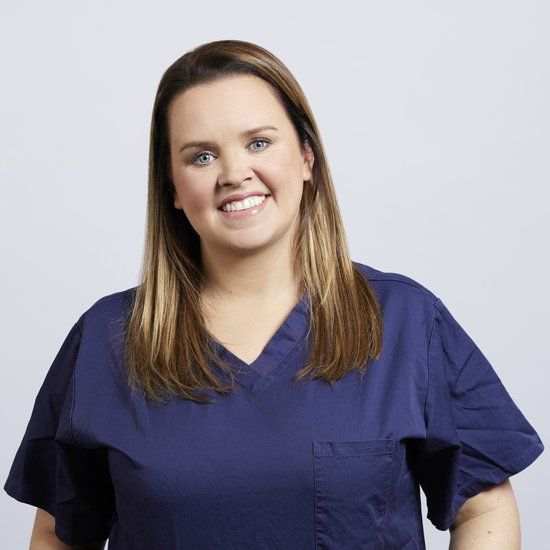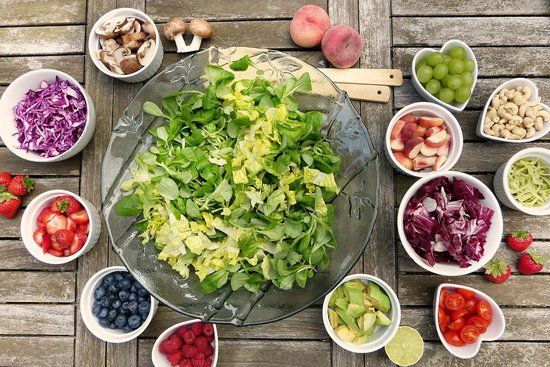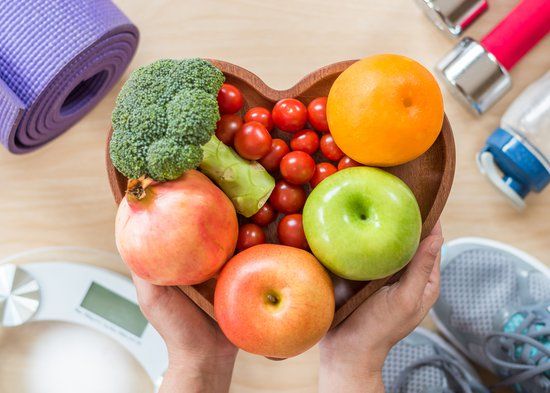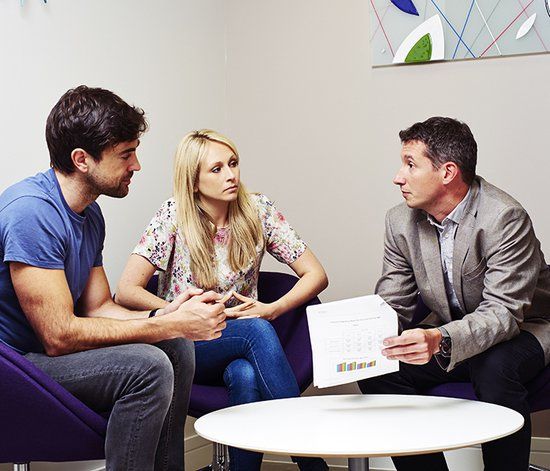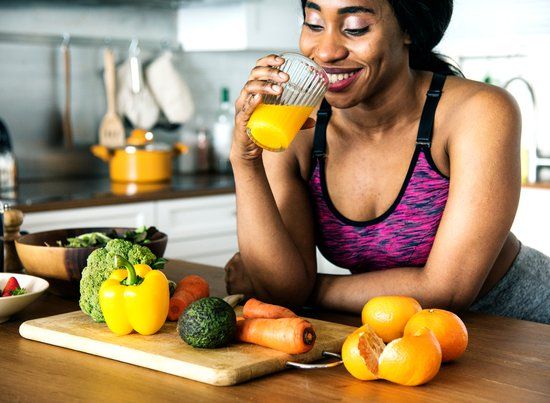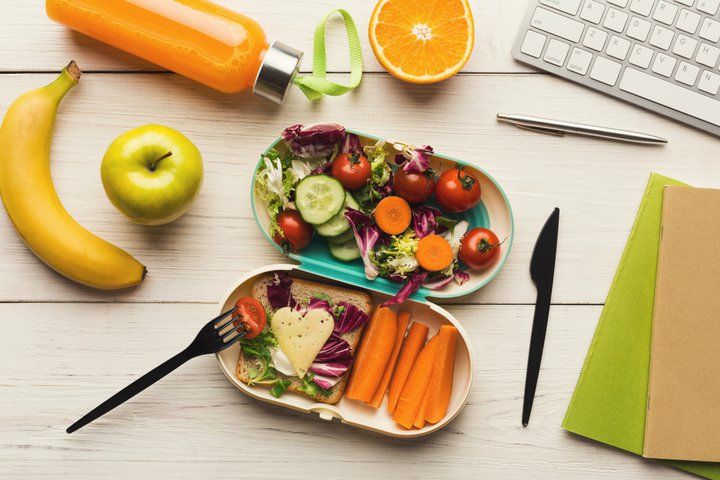
When planning for pregnancy many women want to do everything they can to prepare themselves both physically and mentally. We have prepared some advice to help you improve your chances of getting pregnant and to have a healthy pregnancy.
Relax
When you’re preparing for pregnancy, try to relax and reduce stress as much as possible. Find some techniques you can use to help you relax, and make sure you get plenty of rest so your body is in the best possible condition. Some popular ways to de-stress include yoga, meditation and breathing techniques. These can help to relieve tension by reducing your level of stress hormones, leaving you calm, relaxed and in a positive frame of mind to conceive.
Take folic acid
The NHS recommends that women who are planning to get pregnant should take a 400-microgram daily supplement of folic acid before they get pregnant and every day afterwards, until they’re at least 12 weeks pregnant. Folic acid can reduce the risk of your baby having a neural tube defect, including Spina Bifida.
The Department of Health and Social Care also advises to take a Vitamin D supplement, particularly between September and March.
Many women choose to take a multi-vitamin (just ensure it doesn’t contain Vitamin A as it could be harmful). You don’t need to pay for the most expensive brands, an all-round pregnancy multivitamin will do.
As well as a supplement, you can also get folate (the natural form of folic acid) from many foods. These include breakfast cereals and green leafy vegetables.
Stop smoking
Smoking can affect both male and female fertility. Smoking during pregnancy has also been shown to increase the risk of a variety of health problems for the baby. If you are currently smoking there is lots of help available. You can get support from your GP or midwife to help you to stop. You can also read the link here for further information.
Cut out alcohol
You shouldn’t drink if you’re trying to get pregnant, or during pregnancy.
No matter how tempting it might be to have a glass of wine or a beer every now and then, it is advised not to drink any alcohol at all when pregnant. Drinking alcohol during pregnancy can cause harm to your baby.
If you want further advice on consuming alcohol whilst preparing for or during pregnancy, speak to your GP or a midwife.
Stay healthy
If you’re overweight, it may be harder to get pregnant and fertility treatment is less likely to be successful.
A BMI between 19 and 24 is considered normal and having a normal body mass index (BMI) is important for your overall health but it’s also a key factor for conception. To calculate your BMI please click here.
To reduce these risks, try and eat healthily and do moderate exercise before and during your pregnancy.
Check out the NHS advice on exercising during pregnancy or contact us and we can put you in touch with a nutritionist for further advice.
Add some ‘fertility foods’ to your diet
Foods like fruits, nuts, vegetables and grains are packed full of beneficial antioxidants like vitamins C and E, folate, beta-carotene and lutein, which can help you stay healthy during pregnancy. Some people believe they can also boost your fertility. Good foods to add to your diet include eggs, asparagus, yams, almonds, oily fish like salmon, garlic, honey, leafy greens and organic full-fat dairy products.
Talk to your doctor if you have any long-term conditions
If you’ve got a long-term health condition like epilepsy or diabetes, there’s usually no reason why you shouldn’t have a smooth pregnancy and a healthy baby. But some conditions need to be carefully managed to minimise the risks, so it makes sense to talk to your doctor or specialist before you get pregnant.
Having a long-term condition might also affect some of the decisions you make about your pregnancy, such as where you might want to give birth. And if you're taking medicine for a condition, don’t stop taking it without talking to a doctor first.
What about COVID-19 and pregnancy?
The Royal College of Obstetricians and Gynaecologists (RCOG) has published guidance on the risks of COVID-19 and pregnancy. Read their latest updates.
Our priority is always your safety and wellbeing. We are happy to talk through any expert advice you may want before you start any treatment at Manchester Fertility. You can call our In-Patient Team on 0161 300 2730 for support and advice.
Last updated: 5th June 2020

